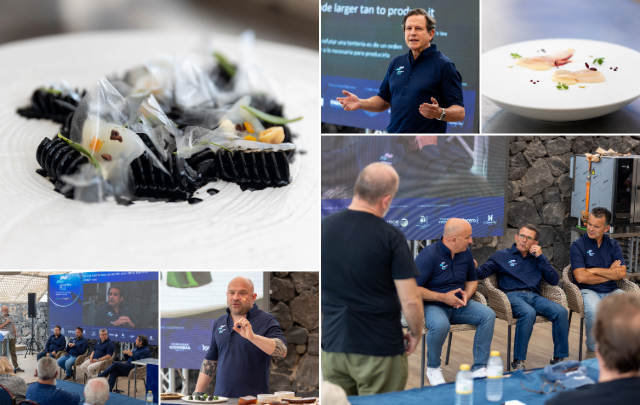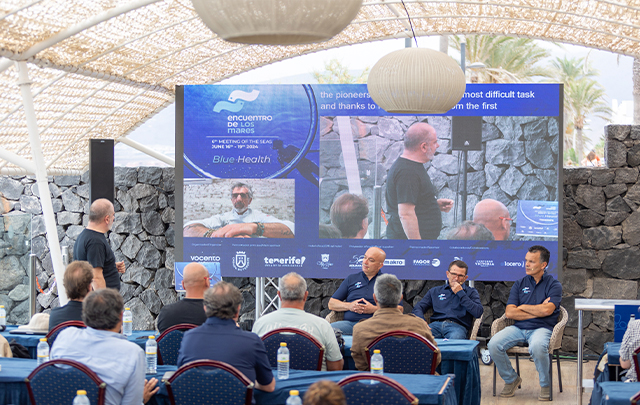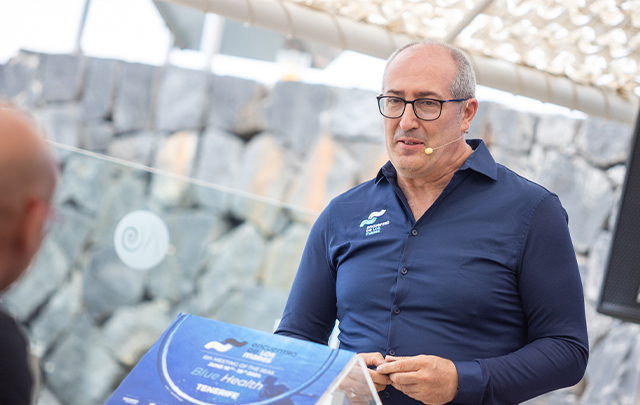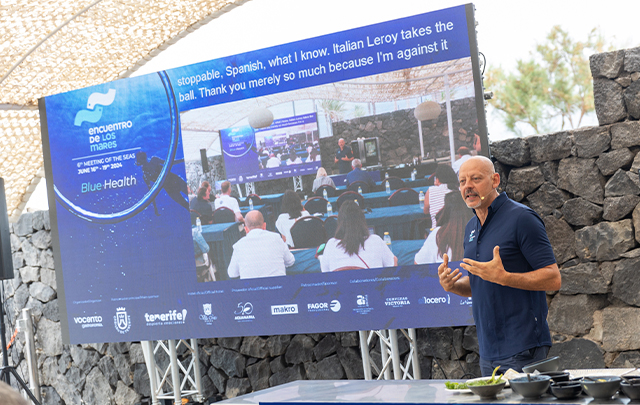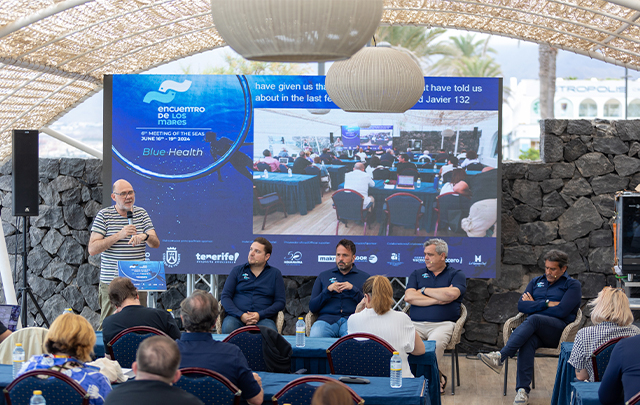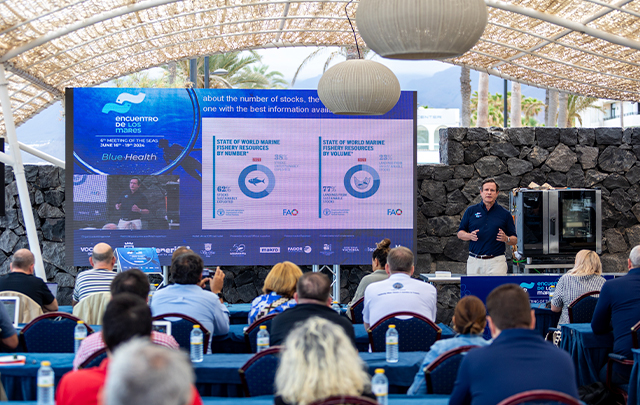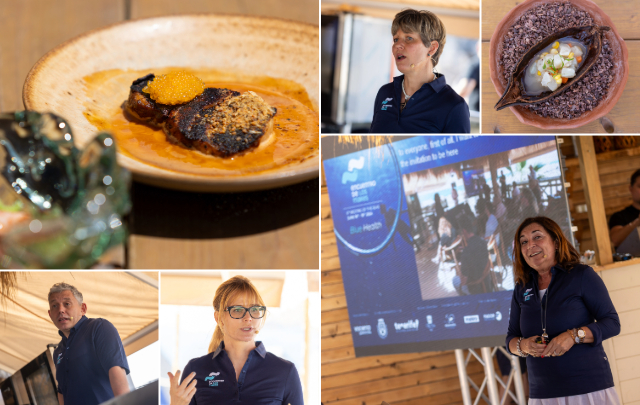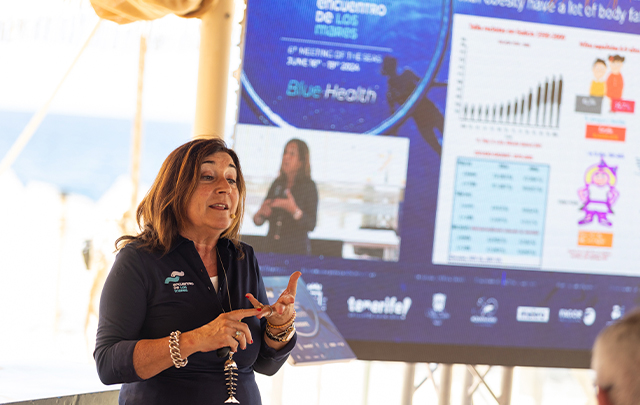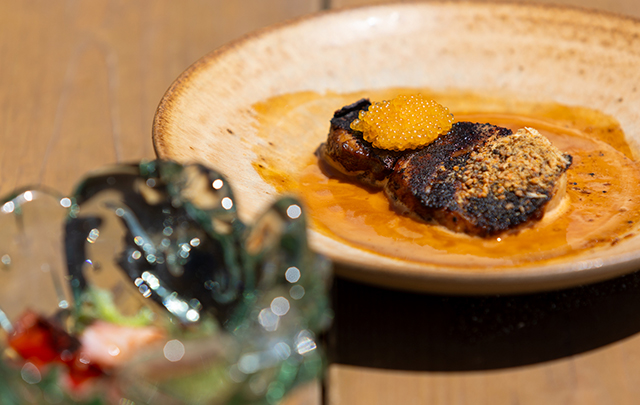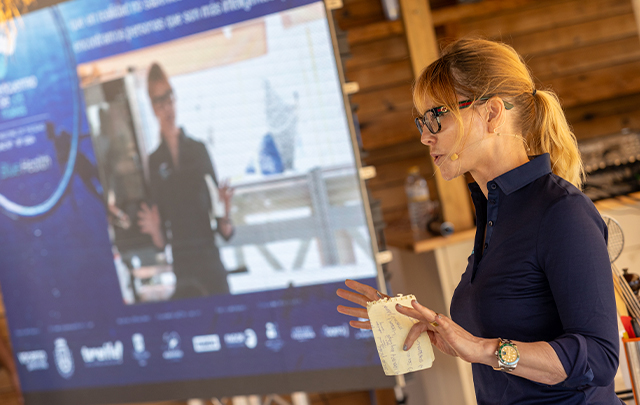News
Where climate change is coming sooner than anywhere else
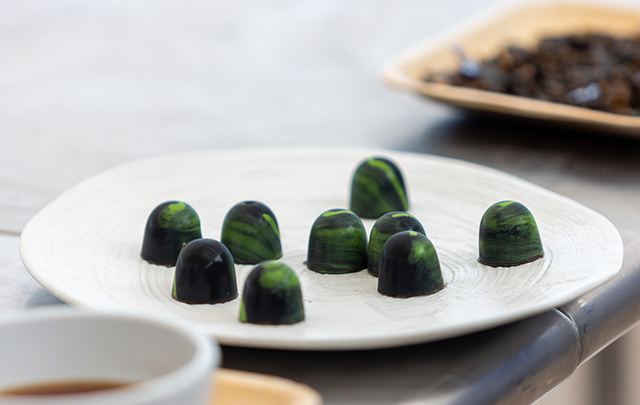
Alberto Lozano left his native Albacete for the Arctic. He did so to cook in his Huset, a restaurant on the Svalbard Islands in Norway, where temperatures can drop to 30 degrees below zero in winter.
There, with the help and knowledge of biologist Beatriz Albiol and French scientist Leo Decaux, Lozano has become increasingly aware that the effects of climate change are already a reality. He began by pointing to one of the "mysterious enemies", none other than flame retardants. Why? "They are chemicals that slow down combustion, they are volatile over the years and, like everything else, they go north. Because they are organic, they attach themselves to fatty tissue and especially to zooplankton. And so it goes from fat to fat, from the big fish that eats the little fish, then the seals... to the biggest predator, which is man," he explained. Although it is "hardly talked about", it is beginning to be studied because there is a certain percentage of seals that lose their pups as a result.
The second problem is phytoplankton and its migration: "The temperature there is also rising a lot and the plankton is migrating. This affects the birds, which used to catch the zooplankton with their beaks, and they also follow it. The birds fertilise the soil where we pick our plants, which are the only source of vitamin C on the island and which only we can pick; or the mushrooms," he said.
However, the algae that don't store these organic chemicals, which they develop through photosynthesis, are the beneficiaries: "I didn't like their taste much before, but when you eat them, you want more. For me, plankton is now a garnish in many of my dishes, even in some of the desserts on my new menu. All the petit fours have seaweed in them. In fact, Lozano has realised that if he were to return to Albacete, he would not be able to stop cooking with seaweed. "I invite you to continue using them and to consume them, the more the better," he added.
The chef also issued a warning: "What is happening now in the Arctic will happen here, in the Ebro Delta or in Galicia, because in the end we are all one". Lozano is very worried because the glacier that connects to the Svalbard Islands has lost a kilometre in eight years and will disappear in 2050, dividing the island where they live and changing the course of the currents.
A strange pantry
After more than 30 hours in the air, the chef has brought part of his larder to the Beach Club Hotel Villa Cortés. Many of his dishes revolve around the seal, "our Arctic pig". I am proud to talk about this protein, which we consider to be the most sustainable". Lozano also talked about hunting, which is surrounded by many myths: "It is the most regulated: I need a seal, the hunter goes and comes back with it. We treat it with the greatest respect, we give it a dignified death and it is treated selectively".
Among the products he has brought to Tenerife are seal jowl, "which after three months in salt has lost only 20% of its value, it has an enormous potency"; smoked reindeer heart, "large in size", which contrasts with seal heart, "tiny and tastes like liver"; reindeer chorizo with seal fat; seal croquettes with mayonnaise from its garum; or chocolate with 75% plankton and 25% lavender, representing the northern lights.

